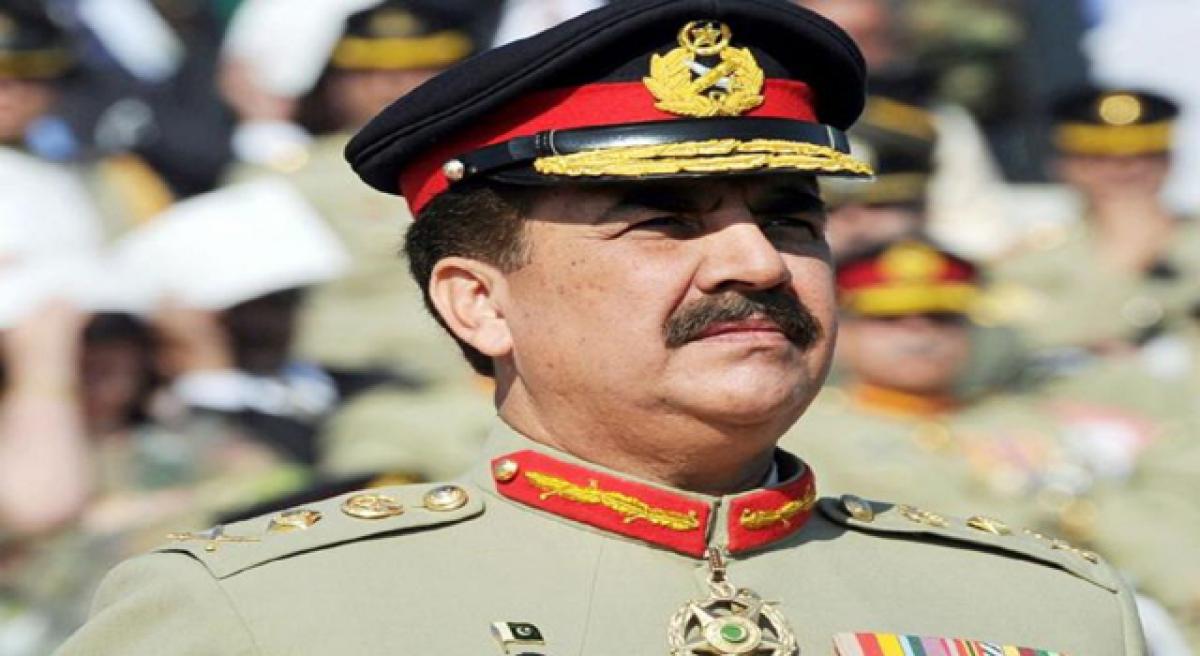Live
- Maharashtra records 32.18 pc voting with bright spot Gadchiroli at over 50 pc
- BGT 2024-25: Indian team undergoes rigorous fielding sessions at Optus Stadium in Perth
- IPL 2025: Rishabh Pant will go at around 25-28 crore in the auction, claims Robin Uthappa
- Hardik reclaims No.1 T20I all-rounder spot; Tilak Varma soars into top 10
- Poor air quality surging dry eyes, allergies in children & adults: Experts
- Nokia wins multi-billion 5G deal from Bharti Airtel for India operations
- War of words over ‘bogus’ voting between Sharad Pawar faction and Ajit Pawar group in Baramati
- Delhi HC pauses money laundering trial against P. Chidambaram in Aircel-Maxis case
- Maoist’s killing: Cops went by law, no question of politics on security, says K’taka HM
- Date for resuming India-UK free trade talks to be finalised soon









